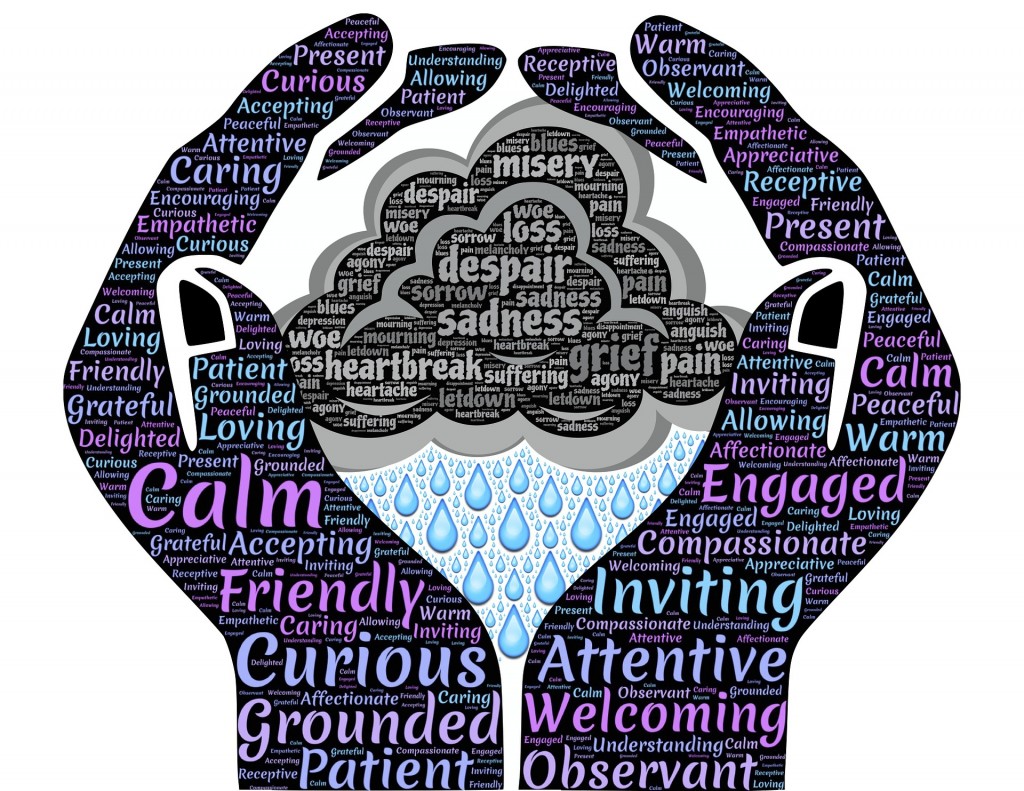 For the vast majority of us, work is life so I prefer to think of this concept not as work/life balance but rather work/self-care balance. The elusive phenomenon where you reach and maintain that vacation-induced “Zen” Monday to Friday.
For the vast majority of us, work is life so I prefer to think of this concept not as work/life balance but rather work/self-care balance. The elusive phenomenon where you reach and maintain that vacation-induced “Zen” Monday to Friday.
It seems we are often plagued with the seemingly impossible notion of establishing a consistent work flow that always seems to be in constant flux between too busy or too slow (with not nearly the same amount of time spent at that “just right” pace) and managing our self-care needs. How much is too much to take on? It’s easy to say “yes” to more work, it seems we are pre-programmed for it. We justify this by telling ourselves that we don’t necessarily know when the next referral is coming through our door. What is always saying “yes” costing you? Your clients? Your loved ones?
A simple google search provides you with the definition of balance “an even distribution of weight enabling someone or something to remain upright and steady”. So, if you are awake an average of 16 hours/day and 8 hours/day is spent at work, by the very definition of balance, you should spend the other 8 hours of your day engaged in activities which replenishes and prepares you for a new day. How realistic is that?
Establishing equality amongst your many commitments is not an easy task (ever tried walking on a tightrope?). The figurative scales are constantly going to be encouraged one way or the other. Realistically, at times, you are going to have to allow for this to happen. HOWEVER, remaining too long in a state of imbalance can lead to fatigue, decreased mood, stress, burnout, etc.
Ten steps to re-balance the scales:
- Set realistic goals – set financial goals for your work but also establish goals around how much time you would like to devote to yourself
- Identify and prioritize your priorities – what tasks are “must do” and which ones are “would be nice too”
- Set equal work and self-care priorities – if you are going to take on extra work then how much extra time can you afford to give to your self-care to replenish your energy
- Get organized – make a schedule, be conservative with your time estimates to complete each task, be realistic about what you can and cannot manage, plan in advance (as much as you can), and keep a regular schedule (prescribe regular work hours for yourself)
- Be flexible
- Declutter – clean up your physical working space and/or move your working space to free you of unnecessary distractions
- Set boundaries for yourself – respect your boundaries or no one else will
- Practice saying “no”
- Schedule breaks – self-care does not need to be quarantined to the end of your work day or over the weekend. Try to incorporate regular self-care practices for short periods throughout your day
LIVE IN CONSCIOUS AWARENESS AND PERFORM REGULAR AND TRUTHFUL CHECK INS
*The views expressed by our authors are personal opinions and do not necessarily reflect the views of the CCPA



